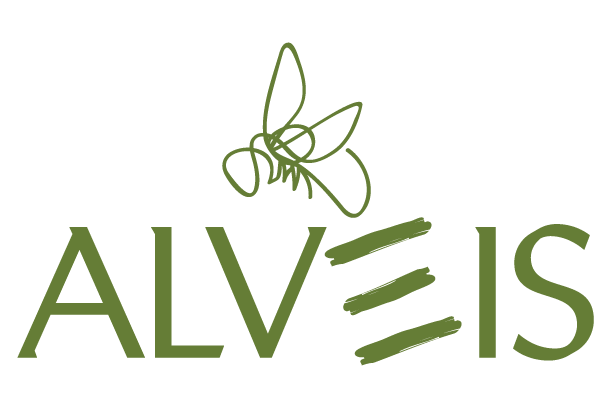
16 Nov Beekeeping is a cultural activity of human beings
Beekeeping is a cultural activity of human beings on a wild animal that belongs to nature, the honey bees. In some cases it has been declined to “rational”, that is, where the cognitive and practical activity proceeds through reasoning. This process is based on observation, study and experience which, when re-elaborated, allows us to reach a reality examination that is sufficiently adequate to “manage” the hives. That is? Know what to do, how and when to do it and where to retrieve the information you need. That is? In beekeeping it is not improvised, unless it is a real emergency situation where the problem has been defined but valid solutions do not emerge. It’s difficult? No. It is complex, which is another thing. Does it take effort? Yes. Is it worth it? Yes, because laziness (for example not treating against varroa) is one of the sources of avoidable suffering (for example the death of bee colonies), even in beekeeping.
Aware of this complexity, the Italian company Chemicals Laif S.p.A. proposes itself as a reference subject in the sector that tries as far as possible to provide tools for beekeepers that are: useful, as developed on the basis of needs suggested by the base of beekeepers and above all transparent as respectful of current legislation and always supported by field tests carried out by reliable researchers and professional beekeepers. Not based only on “commercial gimmicks”. Commercial stunts are short-legged in beekeeping since most of us know how beehive management is the main difference between whether or not a product works properly, and why bees are very good at disproving fictitious certainties. . For this reason, the products of Chemicals Laif S.p.A., of which an exemplary calendar is proposed here, therefore a guide and not a dogma, are adaptable to all the needs of beekeeping techniques for the management of hives and help keep them healthy. Health of families which is one of the keys to send them to production.
Monitoring: Vespa-Catch for monitoring the presence of Vespa velutina, other wasps and hornets in the apiary. Its glass with attractant (to be filled with 10 ml of attractant + 50 grams of sugar + 200 ml of water) should be positioned between 1 and 3 meters high, one meter in front of the hives, 1 glass every 4 hives. The attractive solution must be renewed every 15 days or when the glass is filled with wasps and hornets. Do not wash the glass after its emptying and do not exceed 15 days for its emptying in order not to make it difficult to recognize the species captured. The attractant does not attract honey bees. In case of suspected presence of Vespa velutina: make a report from the website http://www.stopvelutina.it/cosa-fare/
General nutrition: ApiCandy based only on beet sugar and with HMF <1 mg / kg. ApiCandy Protein based on beet sugar and crude protein at 6% obtained with only inactivated brewer’s yeast and with HMF <1 mg / kg. SuperBee, a liquid supplement of amino acids, mineral salts and B vitamins to be added to the sugar syrup during nutrition (10 ml / liter of syrup).
Specific nutrition: ApiGo, with yeast extracts, to be given in drinking water (1 gram / 50 ml of drinking water per hive) 3 times every 7 days during the spring to support a healthy and balanced development of the brood. ApiHerb, based on officinal herbs and vitamins of group B, for the maintenance of intestinal health of adult bees (various studies repeated in different national and international geographical areas have shown its action in reducing the load of Nosema ceranae spores in fed adult bees with this feed), to be given in syrup (1 gram / 1 liter of syrup during family nutrition, or 4 grams / 50 ml of syrup per family) 3 times every 7 days. Micostop, based on savory oil, for those families with signs of calcified brood. From 5 to 10 ml per 500 ml of syrup for 3 times every 7 days in affected families.
Fight against varroa in organic beekeeping: Apilife Var, Api-Bioxal and Apifor.
– Apilife Var: evaporating tablet based on essential oils (Thymol, Camphor, Eucalyptol and Menthol) for summer use as a buffer against varroa. This year this drug turns 30, having been born in 1988. Dosage adaptable to family strength, to the volume of the hive, to the level of infestation. The treatment can be associated with artificial feeding to improve its action. In general: 1 tablet per hive every 7 days for 4 times. The dose should be halved in the nuclei.
– Api-Bioxal: oxalic acid powder for dripping and sublimation, in Spring and / or in Summer, and / or in Autumn, and / or in Winter to always be associated with beekeeping technique of brood removal, or artificial swarming or of caging


